
A white coffee cup with latte art and spoon sits atop a newspaper. Via Pixabay.
I don’t really know where to start this week. Writing about coffee seems absurd in the current moment.
But I don’t know what else to do, aside from give to community organizations and bail funds—literally the least I can do, I know, but it’s something. You should also read this piece in New York Magazine about the protests.
Right, let’s see what’s been going on this week.
COVID-19 Updates - via Various
Yes, the coronavirus pandemic is still ongoing—despite what some politicians and billionaire business owners want you to think. And it’s still affecting the coffee industry.
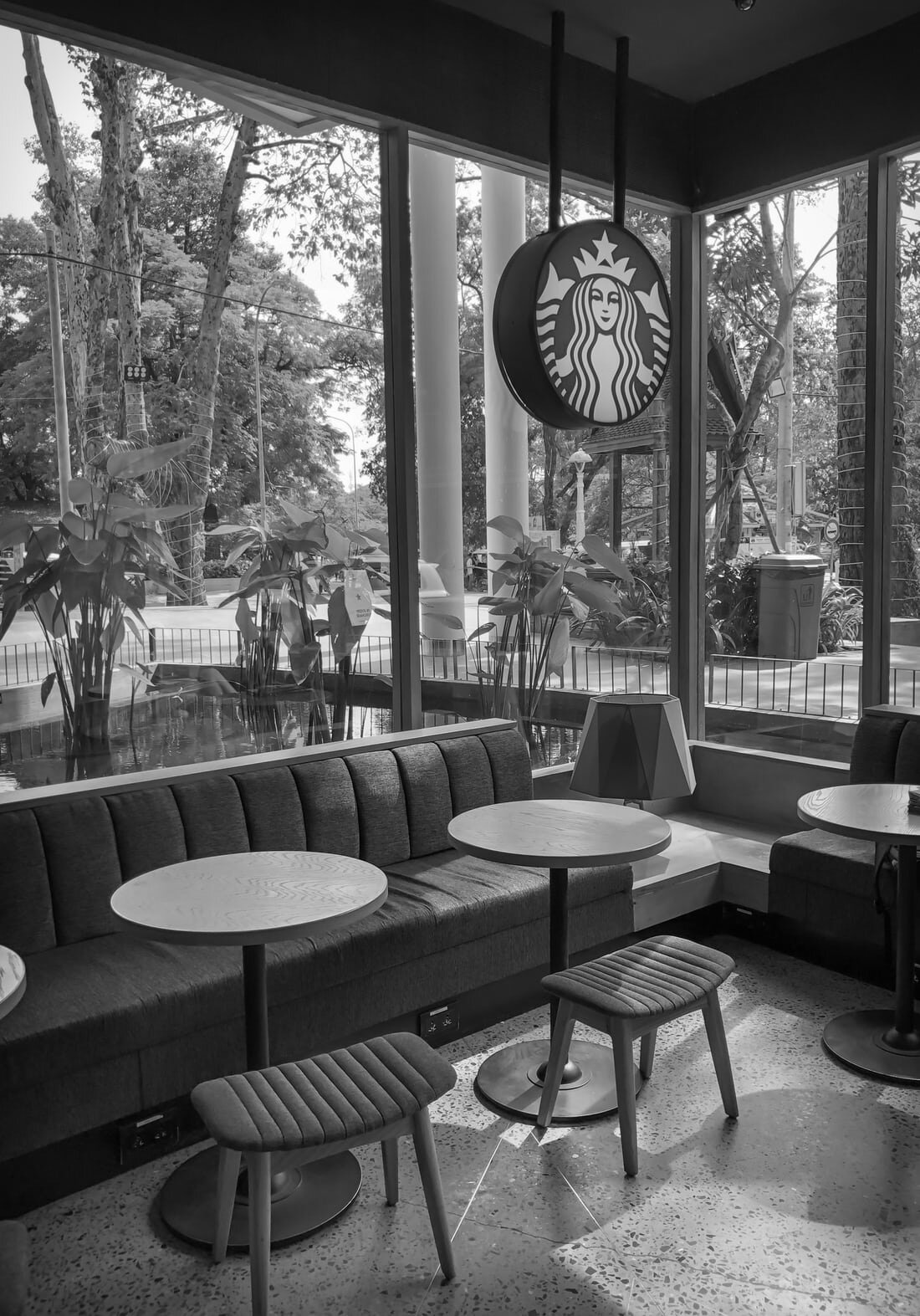
An empty Starbucks cafe. Via Unsplash.
More and more coffee shops are reopening, despite the continuing public health crisis. Many don’t have a choice, of course, due to a lack of support from government agencies. Some, however, definitely have a choice, chief among them Starbucks. Starbucks could easily stay closed, keep its employees and the public safe, and be financially fine. It had revenue of $26.5 billion in 2019. But no, it’s reopening, essentially acting like the threat is over, and some employees aren’t happy. "I don’t think any store should have been open until we had a better handle as a nation on this outbreak. I think opening right now is a risk to employees and the public," one manager told NBC News. Starbucks’ much-heralded “catastrophe pay” ends on May 31.
The NBC report continues: “A barista in Fremont, Nebraska, said the store closed after the district manager came into a meeting with a fever. The store hadn’t even opened yet. A shift supervisor at a Starbucks in Anaheim, California, said that a worker showed coronavirus symptoms just two days after the store reopened.”
Meanwhile, COVID-19 may inadvertently help hasten the robot apocalypse, with stories this week of cafes employing mechanical baristas and coffee delivery machines to encourage and facilitate social distancing guidelines. In South Korea, a robot makes and delivers coffee orders to minimize contact between employees and customers, while in Portland, Oregon, an enterprising coffee shop owner teamed up with friends to build a robotic arm capable of using a La Marzocco GS3 to make complex drinks and even latte art.
These things may not be quite at the T-1000 level (yet), but it’s an interesting development nonetheless. A future of low-touch, no-touch, contactless coffee shops may be in view.
- Global coffee demand is expected to fall this year due to the pandemic, with a new Rabobank report forecasting a decline of 0.8%, or 1 million bags, in 2020. Which, honestly, doesn’t seem like a huge amount given, you know, everything. However, as always the worst hit by this fall in demand will be producers, who already bear the brunt of coffee’s price volatility.
- Finally, a Scottish design engineer has created a low-cost ventilator based on his prototype for a coffee machine. "It struck me that I could easily change a few components in my coffee machine prototype to make a ventilator,” Ross Hunter told the BBC. “I focused on creating the simplest ventilator possible that could be built anywhere and didn't require specialist parts or equipment.”
Coffee’s robust back-up bean isn’t as resistant to climate change as once thought - via Massive Science
Oh good.
That coffee is fragile and susceptible to climate change is not really up for debate anymore.
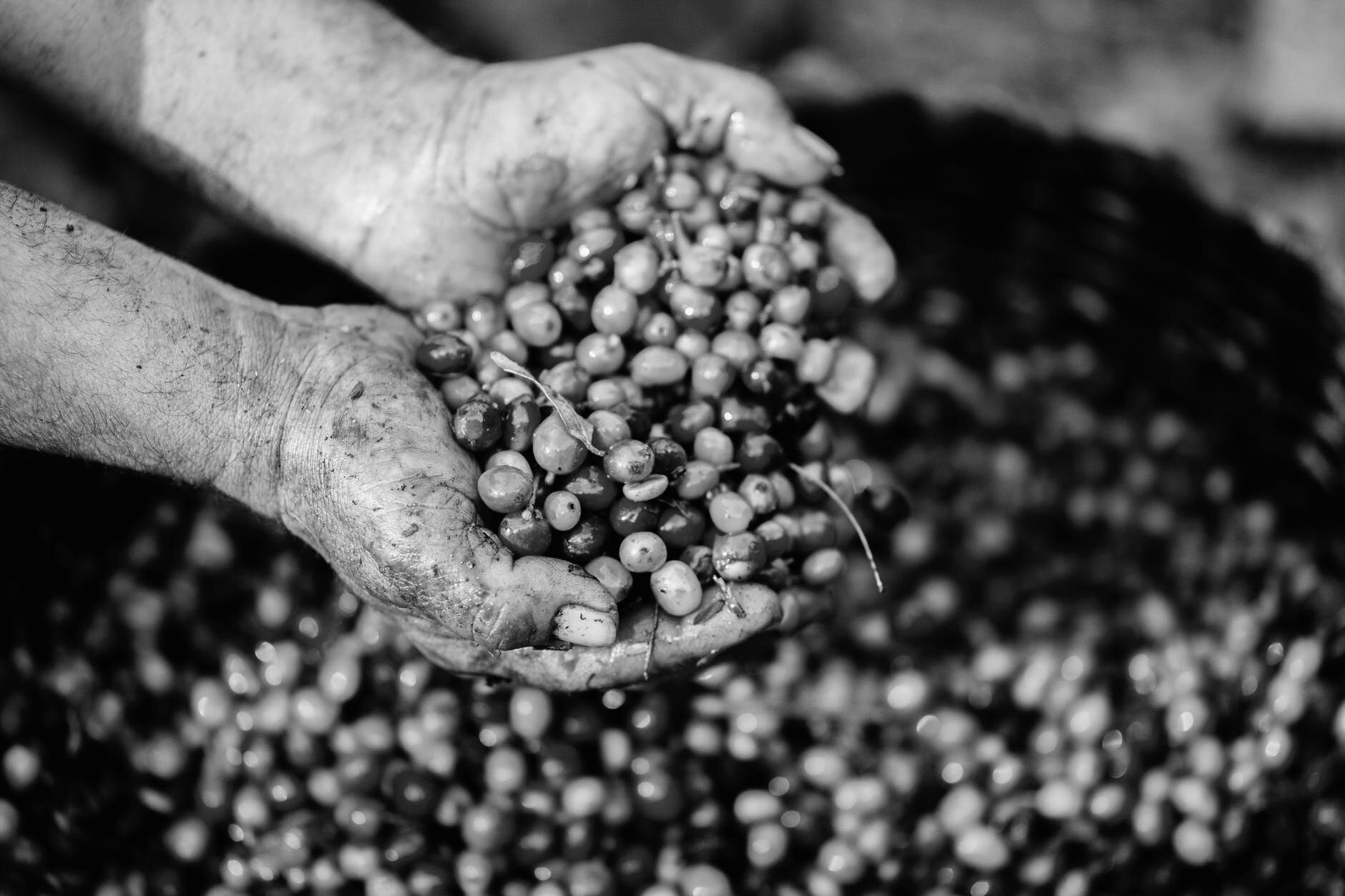
Two hands holding freshly picked coffee cherries. Via Pexels.
However, it was always hoped that robusta, the hardier, if lower-quality, sibling of arabica would, if not thrive, then at least survive the hotter, wetter, more unpredictable weather patterns of the impending climate crisis.
That might not be the case, according to new research that looked at ten years of data from coffee farms in Indonesia and Vietnam. Although robusta can grow in hotter temperatures than arabica, it’s not ideally suited to it. As the story asserts, “Robusta behaves a lot more like arabica than previously thought, and we might be overestimating the amount of coffee robusta will produce.”
The report does give some nuggets of hope, saying that although robusta isn’t happy growing in adverse conditions, at least it can: “It is still better adapted to swings in climate than arabica.”
The week in corporate greenwashing
It’s Nespresso again! Last week they were all excited about their recycled coffee pods; this week, it’s another installment in their Reviving Origins greenwashing campaign.
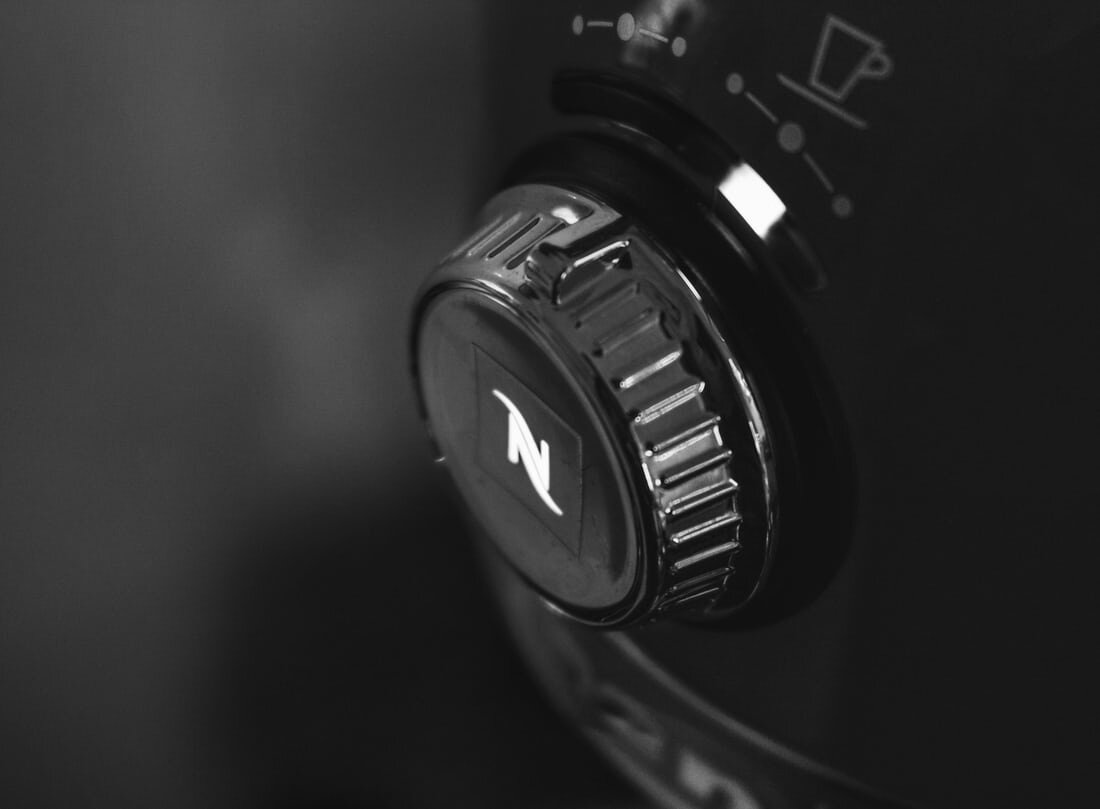
A coffee machine bearing the Nespresso logo in close-up. Via Unsplash.
This part of the campaign is focused on Uganda, where they’ve heroically partnered with a British (!) non-profit to something something impact the lives something something Ugandan farmers.
Reviving Origins, if you’ve forgotten, is where Nespresso uses George Clooney and Lin Manuel Miranda to pretend like they’re helping coffee growers across the world, while only spending a total of $10 million over five years on the whole project.
The goal is to do nebulous things like provide “training and expertise to improve coffee quality” and “rebuild sustainable livelihoods for farmers and their communities” while gaining lots of free, glowing publicity in the process.
And instead of working with local organizations who know their communities and can involve local people in the process, Nespresso has chosen some random UK-based for profit company with several typos on its incredibly sparse homepage. Because of course.
Is coffee good for you?
We’ve had a few weeks of consistent coffee health news, good and bad, so it’s no surprise that there’s a lull this week. However, two Canadian researchers have an interesting article in The Conversation looking at whether exercise can give the same mental boost as caffeine.
Can it? In short, yes. For their study, the researchers measured the effect of 20 minutes of brisk walking on healthy adults’ working memory, compared to a dose of caffeine equivalent to a small cup of coffee (no exact measurement, of course).
“Our results indicated that a dose of moderate intensity exercise was essentially equivalent to a dose of caffeine in improving working memory in both adults who regularly consume caffeine and those who do not,” they write. “This result would suggest that replacing coffee with a single bout of aerobic exercise could not only provide a cognitive boost similar to coffee but may also provide other health benefits that come along with exercise.”
Yes, but coffee is tastier. And not so sweaty.
Walking, the researchers found, can also help with caffeine withdrawal symptoms, “particularly fatigue and depressed mood.”
Or you could do both? I don’t know. Yeah, do both, then you’ll gain superpowers probably.
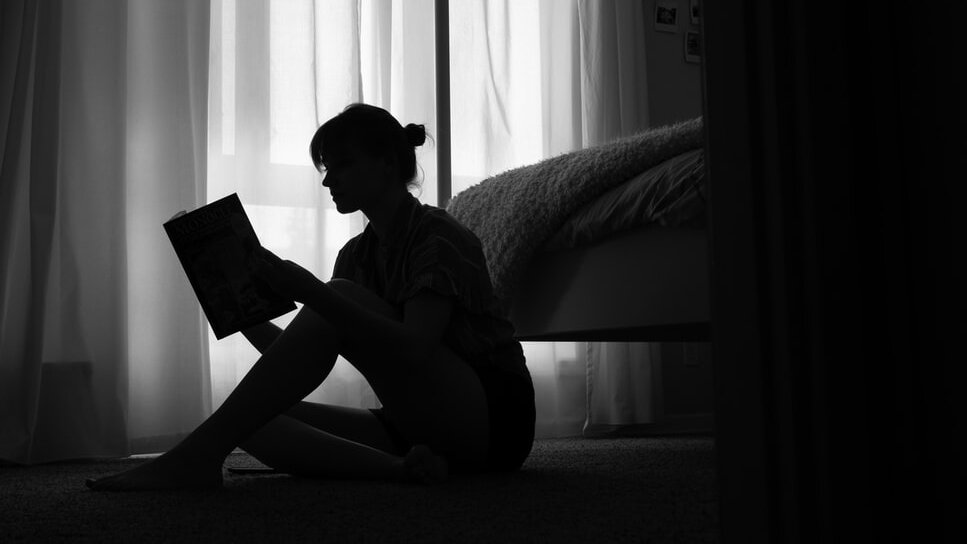
A person sits on the floor reading a book. via Unsplash
What to read
Can Local Coffee Shops Rebound From The Pandemic? by James Ramsay
A Chat With Janina Grabs On The New Book ‘Selling Sustainability Short’ by Nick Brown
A “Higher Grounds” Film Update by Zac Cadwalader
Until next week, drink good coffee, and please wear a mask when you’re out and about. If nothing else, it’s a sign of respect.
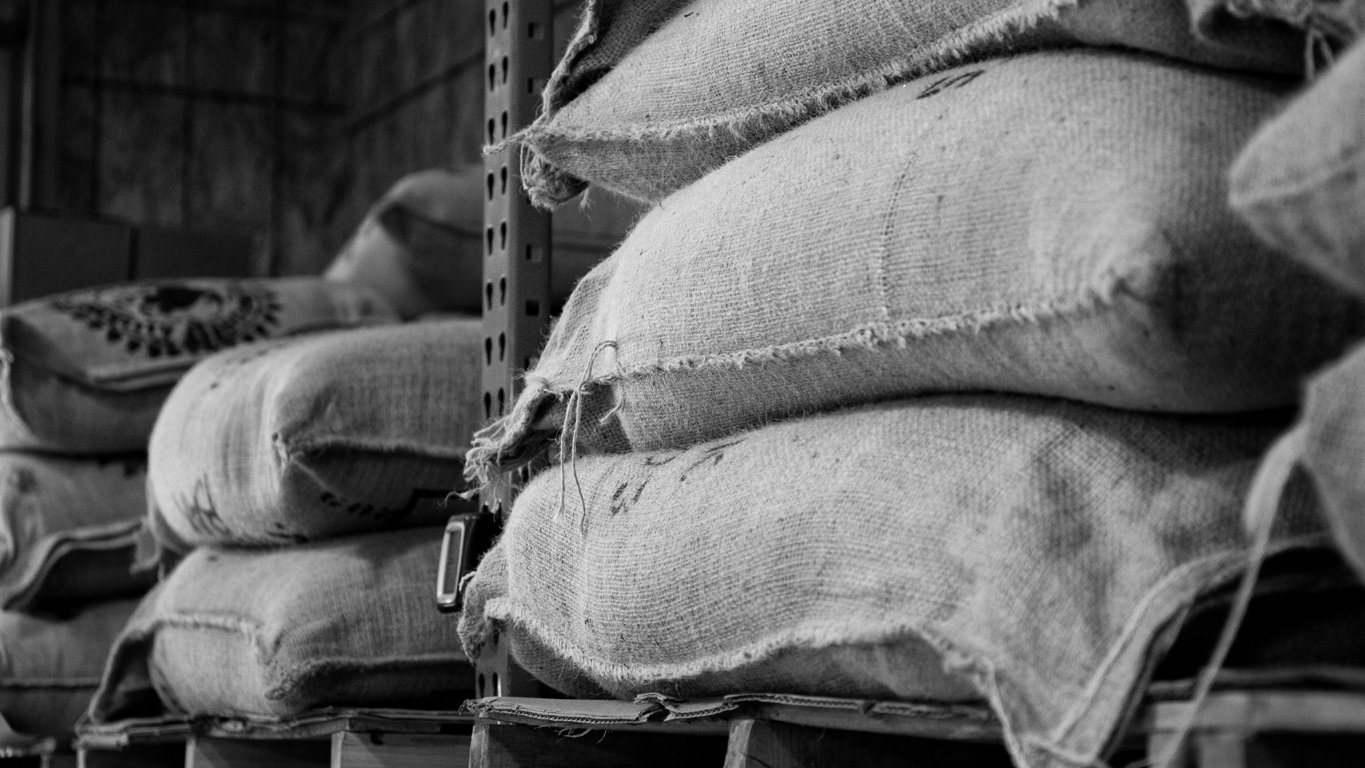
Nov 24, 2023 Connecting the Dots: Inside the 2023 Coffee Barometer Nov 24, 2023 Nov 24, 2023
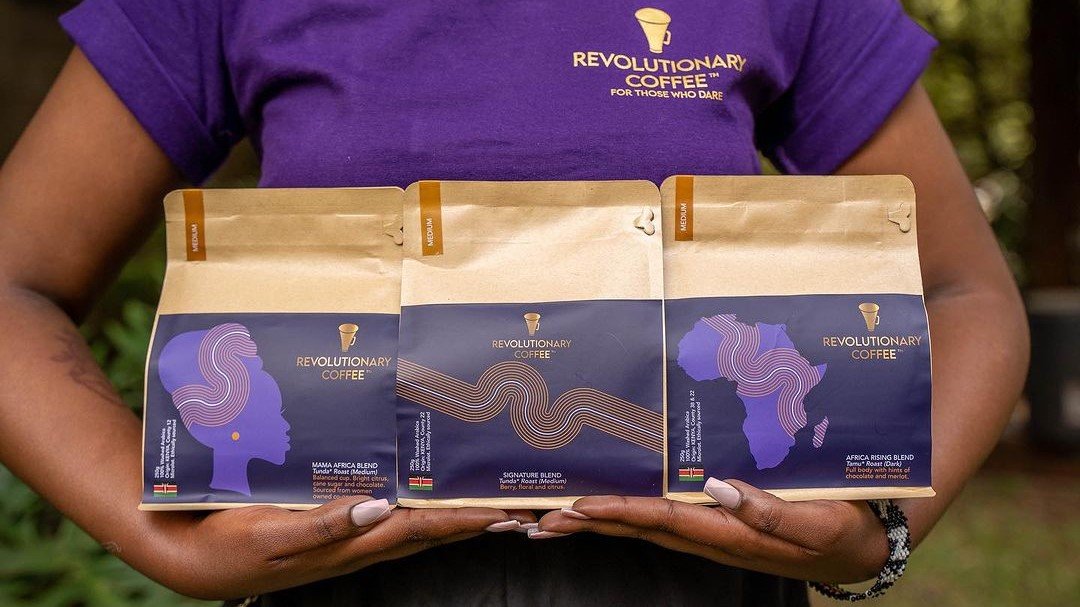
Oct 21, 2023 'Specialty Coffee Should be Enjoyed by Those Who Grow It': The Farmer's Daughter Joining Kenya's Coffee-drinking Revolution Oct 21, 2023 Oct 21, 2023
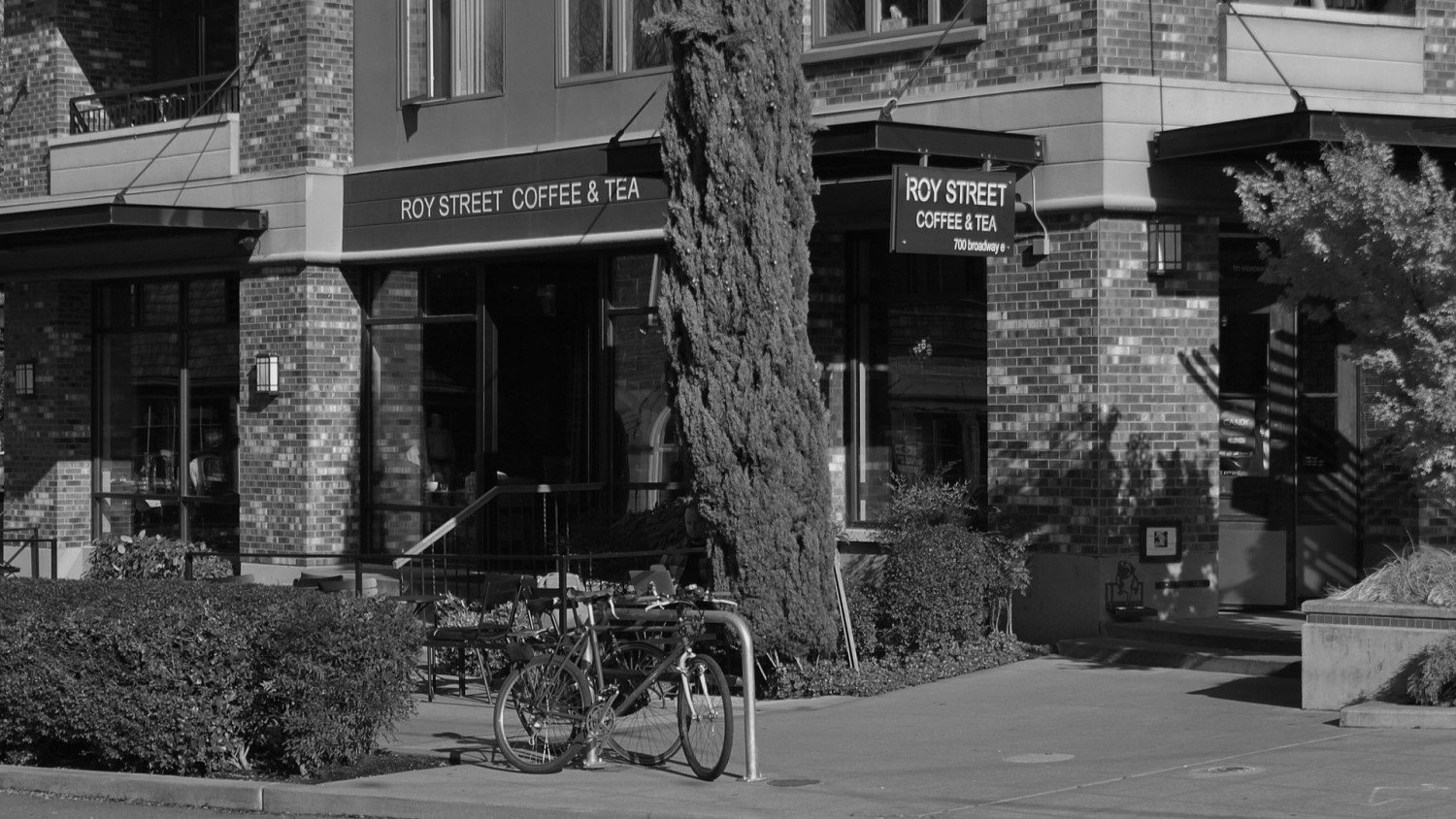
Oct 6, 2023 Stealth Starbucks: A Premonition of Modern Specialty Coffee Oct 6, 2023 Oct 6, 2023
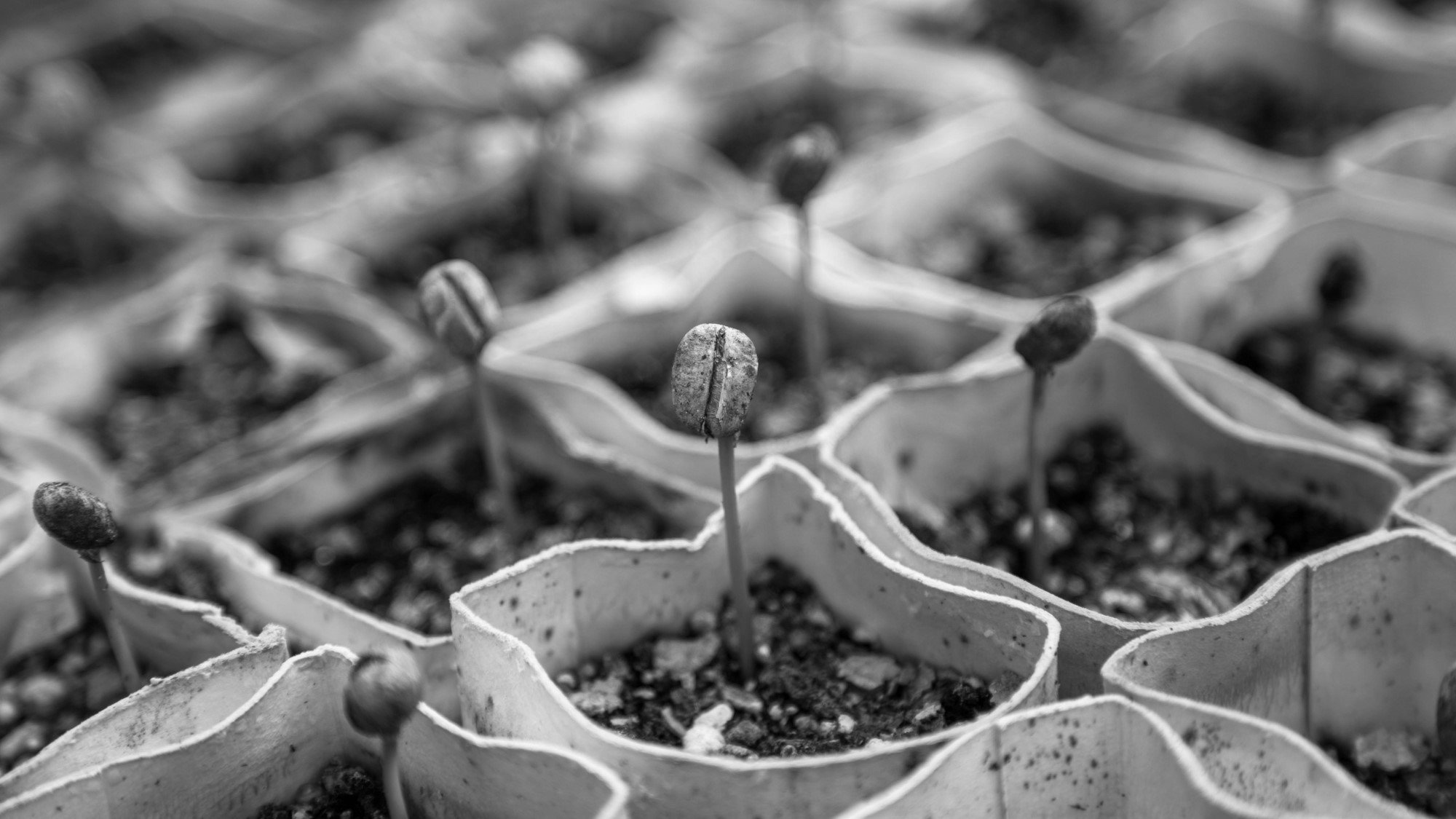
Sep 22, 2023 Can the Coffee Change Fund Save Coffee? Sep 22, 2023 Sep 22, 2023
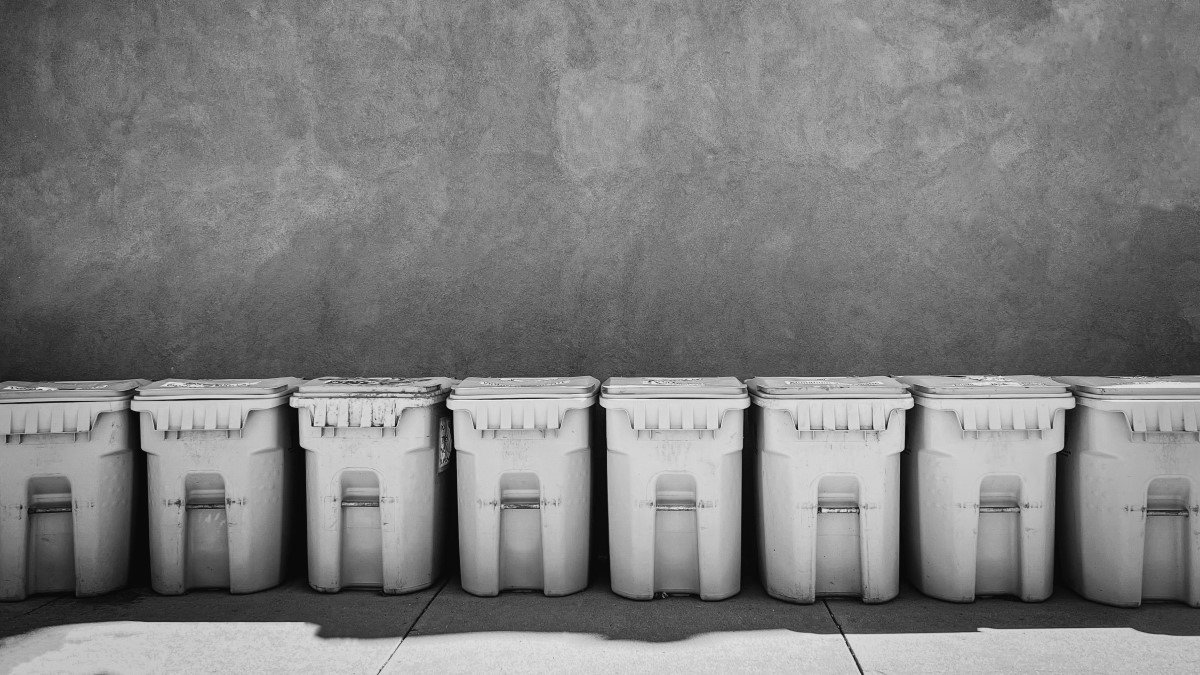
Sep 8, 2023 Upcycled Coffeewashing Sep 8, 2023 Sep 8, 2023
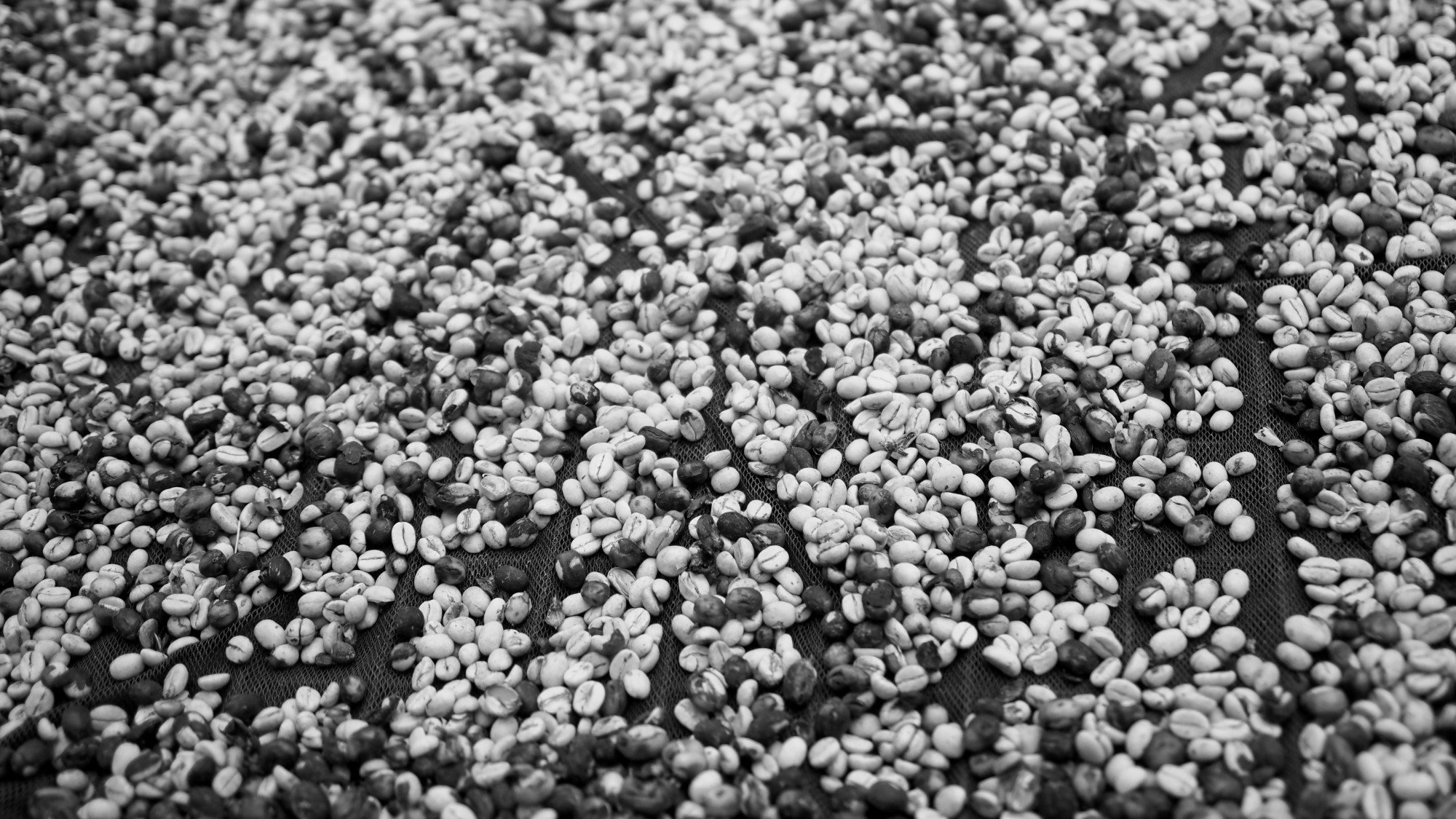
Aug 25, 2023 From A Concerned Farmer Aug 25, 2023 Aug 25, 2023

Aug 11, 2023 Philly is a (Coffee) Union Town Aug 11, 2023 Aug 11, 2023
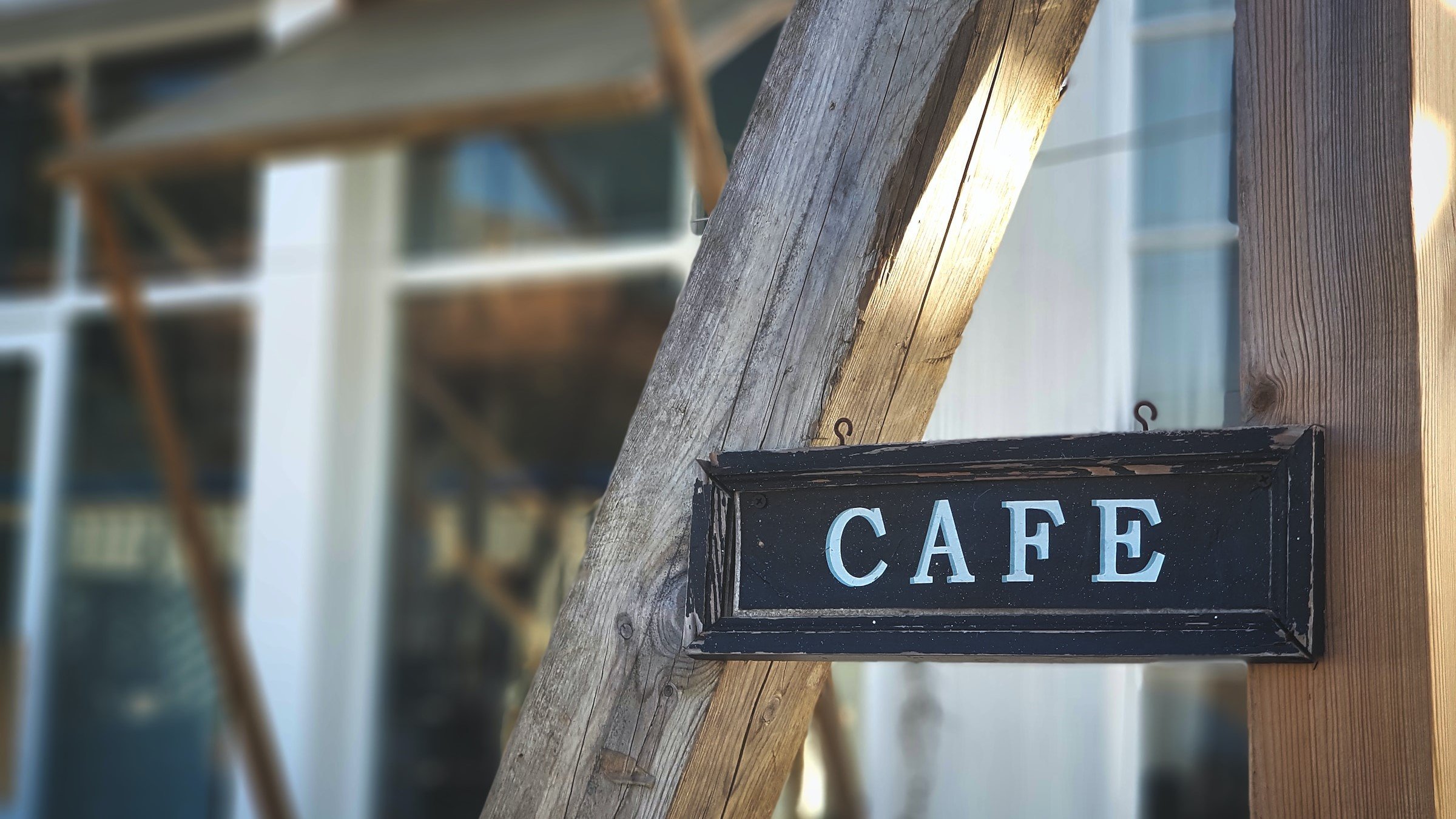
Jul 28, 2023 South Korea's Coffee Wars Jul 28, 2023 Jul 28, 2023

Jul 14, 2023 Camp Coffee, Colonialism, and the Evolution of a Brand Jul 14, 2023 Jul 14, 2023
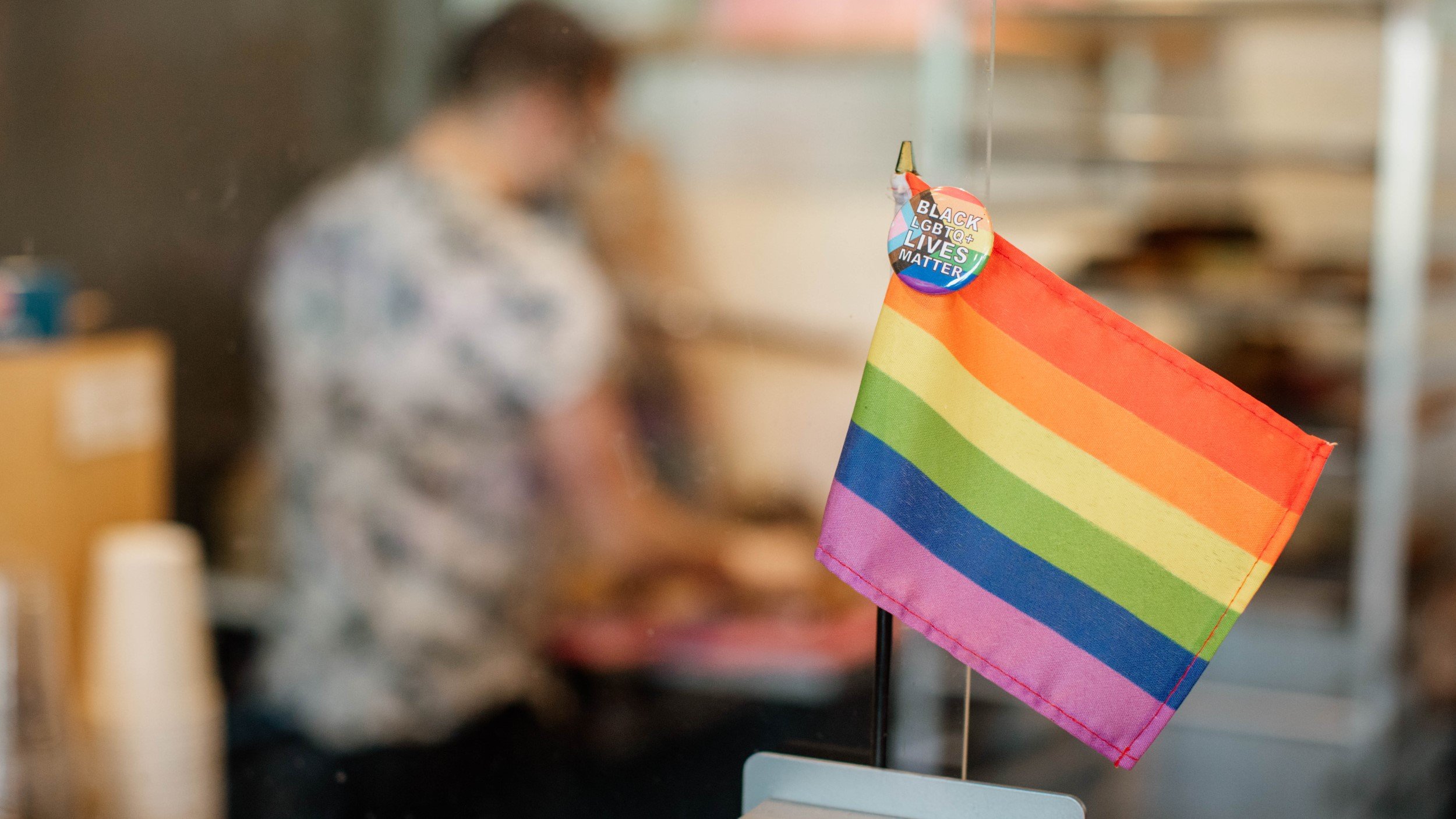
Jun 30, 2023 Defiance and Gay Frog Donuts: How Strange Matter Coffee is Navigating the Anti-LGBTQ+ Backlash Jun 30, 2023 Jun 30, 2023






